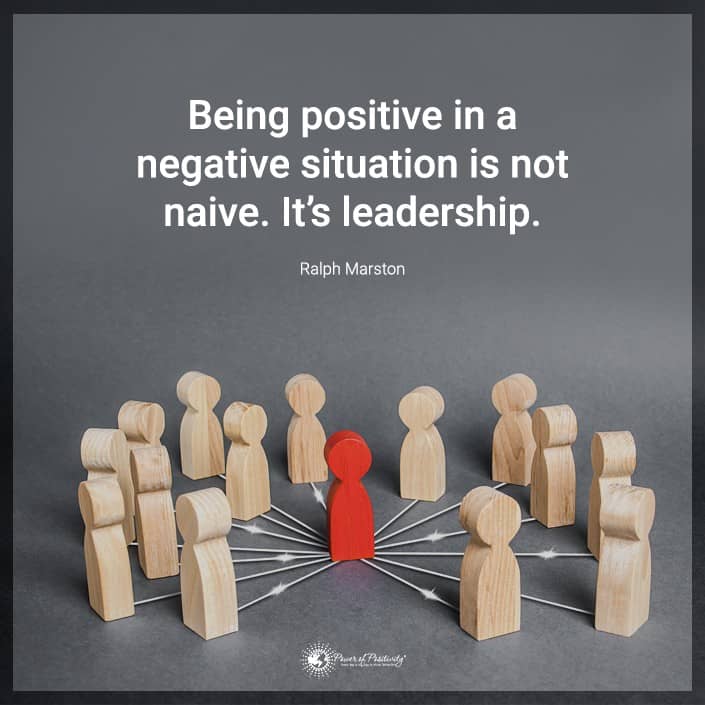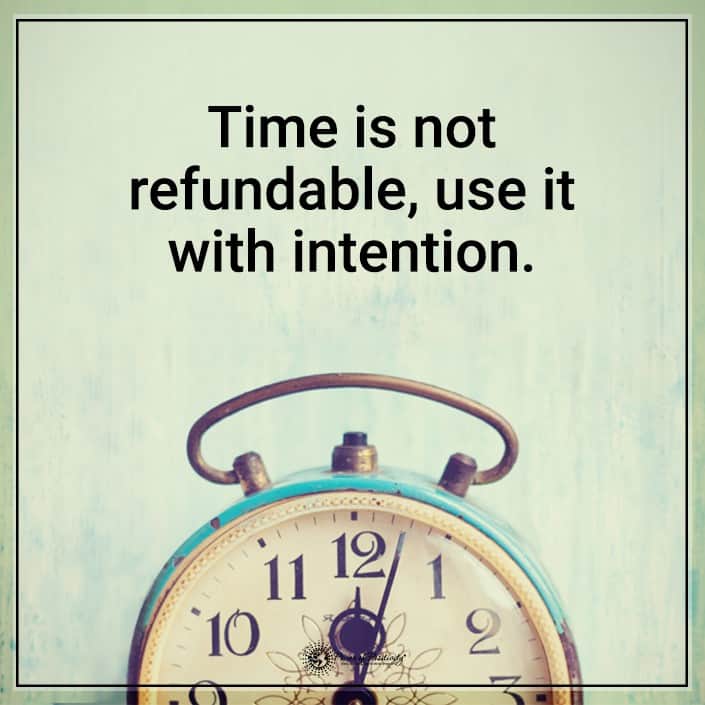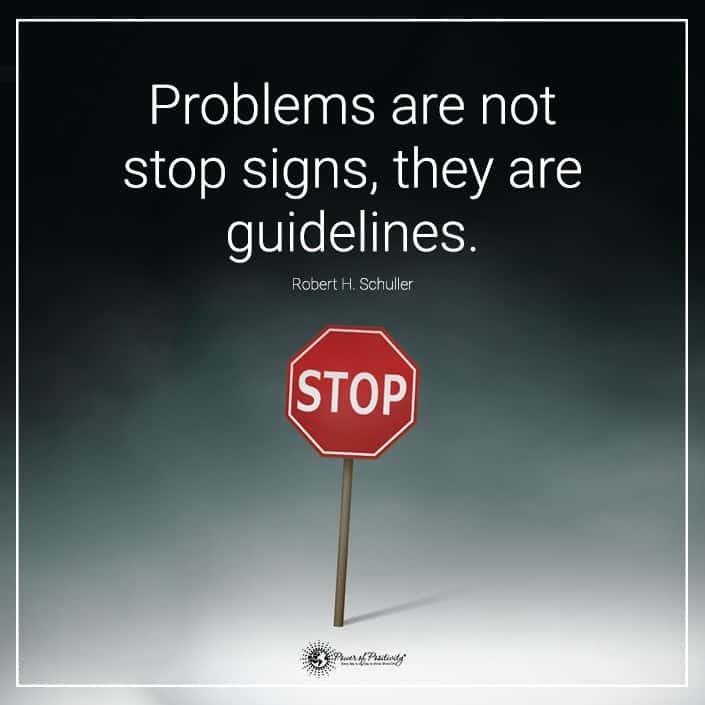You want to be both productive and efficient, so learning proper time management skills is imperative. Not only will you use these skills on the job, but proper management of your time will also spill over into your personal life.
But that statement begets a question. What is time management anyway, and why is it so important?
You have 168 hours in your week, 24 hours, or 1,440 minutes daily to get things done. Someone who has good time management will be conscious of every minute. They make goals and set expectations of themselves for the day.
When you organize your time, you will have less stress and be more efficient. Forget about late assignments and turning in lackluster work to your boss. You have allocated sufficient time to do a good job.
Having a good work/life balance can help you from experiencing burnout. When people become stressed out, they lose their creativity and become frustrated and angry with life. There is a better way to do things.
Fourteen Achievable Time Management Tips
 Do you feel like every day is a mad dash to get everything done? Are there times when you feel like you’re on empty because you don’t have the energy for one more thing? You’re busy, and life is hectic. However, here are some tips to help you manage your time more efficiently.
Do you feel like every day is a mad dash to get everything done? Are there times when you feel like you’re on empty because you don’t have the energy for one more thing? You’re busy, and life is hectic. However, here are some tips to help you manage your time more efficiently.
1. Start Each Day by Making a List
Make a list of all the things that you need to accomplish during the day. As you tackle each task, make sure that you check an item off your list. You will feel great seeing things get done, and it will help you build momentum to keep going.
2. Prioritize Your Day
Some tasks, like a doctor’s appointment, have more precedence than doing laundry. While it’s essential to write out all the things you must do, you need to prioritize the items. If some tasks don’t get done that day, you must ensure that it’s not the high priority items.
3. Do the Bigger and More Critical Items First
One way to be more efficient is by tackling the more important jobs first. Get the hard stuff out of the way to have more time to focus on the smaller things. Plus, you won’t feel a sense of dread after lunch when you still have crucial things that haven’t been done.
4. Use A Time Tracking Device
If you start tracking your time, you may be surprised to find out how much more efficient you could be. Please do it for a day or even a week and see where you need to make changes. You may find that you waste a lot of time that could be allocated differently.
Employers often use this trick when they feel they have an employee taking too long to accomplish tasks. There’s nothing wrong with being accountable for your time, even if you’re not required to punch a time clock.
5. Block Distractions
Distractions are different for each person. Some people love music and watch videos while working, while others find they cannot get a thing done with noise.
Anything that slows you down or prohibits you from accomplishing what’s on your list is a distraction. Get rid of annoyances to be more productive.
6. Toss Multitasking
While you may think that multitasking is a great way to accomplish more in less time, studies have found that it overloads the brain. A study done by Lesley University found that when the brain is overloaded, it sends it into the fight or flight response, which causes anxiety and all sorts of issues. Focus on one task, get it done, and move on to the next.
 7. Schedule Breaks
7. Schedule Breaks
Have you ever seen someone taking a power nap in their car on their lunch break? It’s because they are using their time wisely. They’ve eaten, and now they’re taking time to clear their mind. While you don’t need to take a nap, you do need breaks.
Whether you’re working at home or in the office, make sure you give yourself a break. You can’t sit in front of a computer screen for more than a few hours without having strain, headaches, and getting frustrated. Get up, walk around, get a drink, and give yourself time to relax.
8. Keep Your Area Organized
Those who are efficient with time management are almost always highly organized. They have desks that are neat and tidy, and their homes are in order too. Did you know that when your space is clean and free of clutter, you can be more productive?
If a person’s desk is messy and hard to find items, their brains probably look similar. Get organized to save yourself time.
9. Put Appointments on Your Smartphone Calendar
Your smartphone has this excellent calendar features that you must use. Put all your appointments in there, and make sure to set a reminder notice. Having all your meetings at the touch of a button ensures you don’t miss anything important.
Another fantastic feature of this program is that you can share it with other people in your household to keep them on track too. Why not spread the time management and efficiency around to others?
10. Learn to Delegate
A good boss will not only pitch in and help, but they learn to delegate work to their best team players. Whether dealing with your job or your home, learn how to delegate tasks to other people. Remember, you cannot do it all, and why should you tackle everything when you can have others pitch in and help?
11. Learn the Power of The Word No
Why is it that so many people keep putting more on their plate than they can handle? If you’ve made your list, and you already see your day is full, learn to say no when more is being added. You will feel such a sense of relief and freedom when you realize the power of using the word no.
12. Get Off Your Cell Phone
Cell phones, computers, tablets, and all these electronic devices are a big help. However, they are also huge time wasters. Don’t check your email every time it dings. Instead, have a set time that you check your email and don’t alleviate from that plan.
The same goes for phone calls and texts. You will get more done when you get off your phone. Erin Dollar was concerned about her time-wasting on her phone. So, she downloaded an app that tracked how much time she was spending online. She grossly underestimated the amount of her life she devoted to the online world.
From surfing social media to texting friends, she found out the big reason why she wasn’t getting anything done. She was shocked to see that in one day, she checked her phone more than 80 times. Dollar decided that things needed to change, and when she learned to put the phone away, she got way more done.
13. Keep A Good Work-Life Balance
One problem that many people face is an excellent work-life balance. You can be either spending too much time at work, or you’re overly involved at home. It would help if you allocated sufficient time in your day to do the things around your house that require your attention.
If too much of your day is spend on one or the other, then it throws things off.
14. It’s Okay to Skip Tasks Once in A While
You must learn that if one task stumps you or is too much for one day, then it’s okay to skip it or add it to the schedule tomorrow. Don’t kill yourself to get everything done in one day when it’s enough work for 2-3 people.
The goal of efficient time management skills is to learn how to balance everything so that you don’t need to feel rushed and crazy busy every day. You can procrastinate a tiny bit if it’s for the sake of your sanity. Remember, there’s always tomorrow.
 Final Thoughts on Developing Better Time Management Habits
Final Thoughts on Developing Better Time Management Habits
A recent survey posted by the National Library of Medicine finds that time management skills are a massive area of concern for management. Whether you’re the manager of your home, life, or workplace, you will learn that you must plan properly to be efficient.
A good manager will always have their day and even their week or month planned. Getting a routine in place is essential and learning to say no and ask for help when needed is critical. Having the right work-life balance is imperative for your mental health.
It’s hard to be in two places at once, but you must have time for your home and job. Most importantly, it would help if you had time for self-care to handle your personal needs. If you don’t have proper rest, eat a well-balanced diet, and hit the gyms occasionally, then you won’t feel right, and your management skills will suffer.
What can you do to be more productive and avoid timewasters?


















